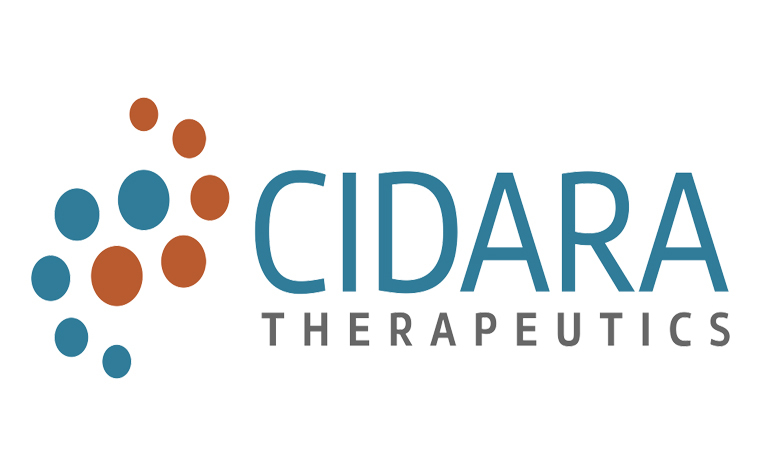Cidara Therapeutics Inc., a biotechnology company with a focus on developing anti-infective immunotherapies, recently published data from a study analyzing its next-generation echinocandin agent as a comparison to the treatment for intra-abdominal candidiasis.
“The results from this cutting-edge study showcase the potential advantages of CD101 as compared to currently marketed antifungals to effectively treat an infection for which patients and medical professionals desperately need new treatment options,” Dr. Jeffrey Stein, president and CEO of Cidara, said in a statement.
Dr. Stein noted that the study’s findings, which the company published online in the Antimicrobial Agents and Chemotherapy (AAC) journal of the American Society of Microbiology, are timely considering the recent outbreak of drug-resistant Candida auris. Cidara undertook the study in part because of the current treatments’ 40 percent failure rate, which has raised concerns.
“The approximately 40 percent failure rate experienced by patients with invasive candidiasis may be related to findings that current echinocandin therapies cannot deliver sufficient concentrations to infection sites,” Dr. David Perlin, senior author of the AAC paper, said. “The in vivo data published in AAC confirm the potential of CD101 as a future treatment option for patients with IAC because of the extraordinary tissue penetration at the site of infection.”










 Alerts Sign-up
Alerts Sign-up